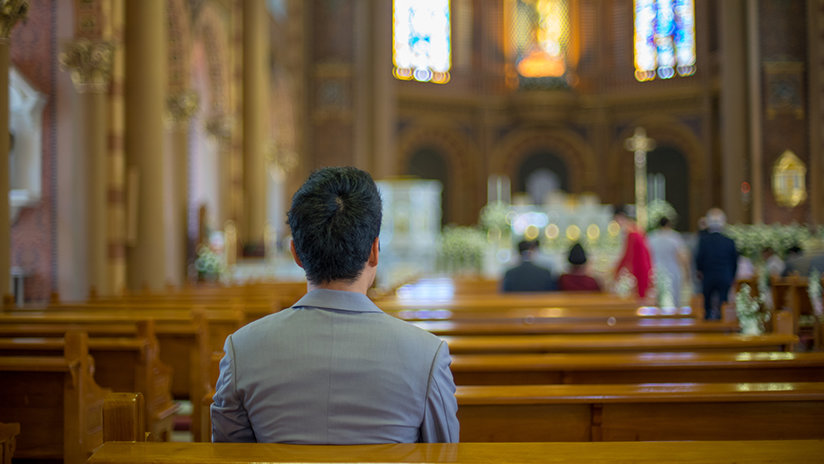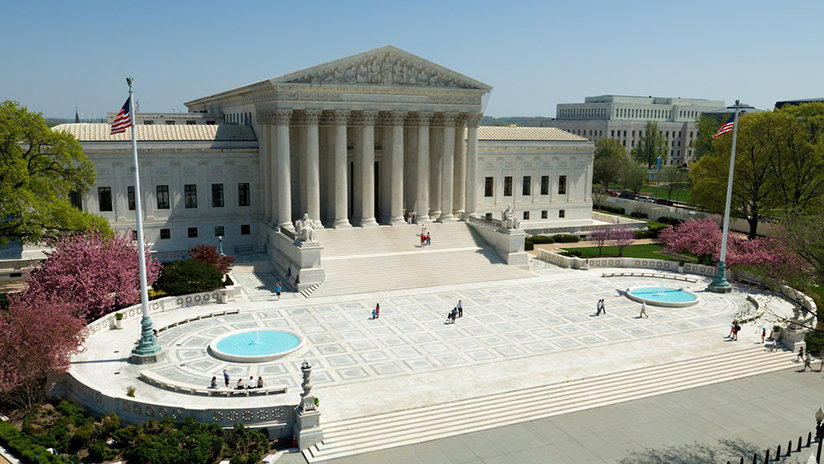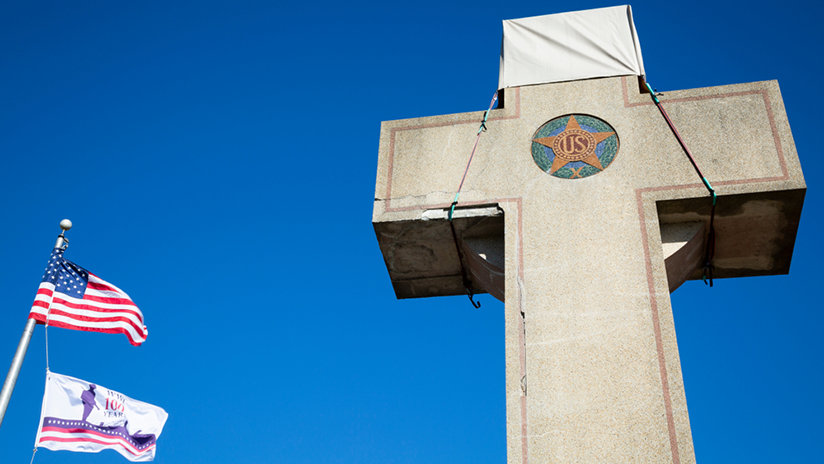
-
HOME
-
WHAT IS STANDOur Mission Our Values Our Help Contact
-
WHAT WE FIGHT FORReligious Freedom Religious Literacy Equality & Human Rights Inclusion & Respect Free Speech Responsible Journalism Corporate Accountability
-
RESOURCESExpert Studies Landmark Decisions White Papers FAQs David Miscavige Religious Freedom Resource Center Freedom of Religion & Human Rights Topic Index Priest-Penitent Privilege Islamophobia
-
HATE MONITORBiased Media Propagandists Hatemongers False Experts Hate Monitor Blog
-
NEWSROOMNews Media Watch Videos Blog
-
TAKE ACTIONCombat Hate & Discrimination Champion Freedom of Religion Demand Accountability
Balancing Public Health and Religious Freedom—Churches and COVID-19
Over the course of the global battle with COVID-19, we have seen the unique impact of the pandemic on religious groups coping with it, as well as government agencies and courts seeking to balance religious freedom with the need to keep people safe.
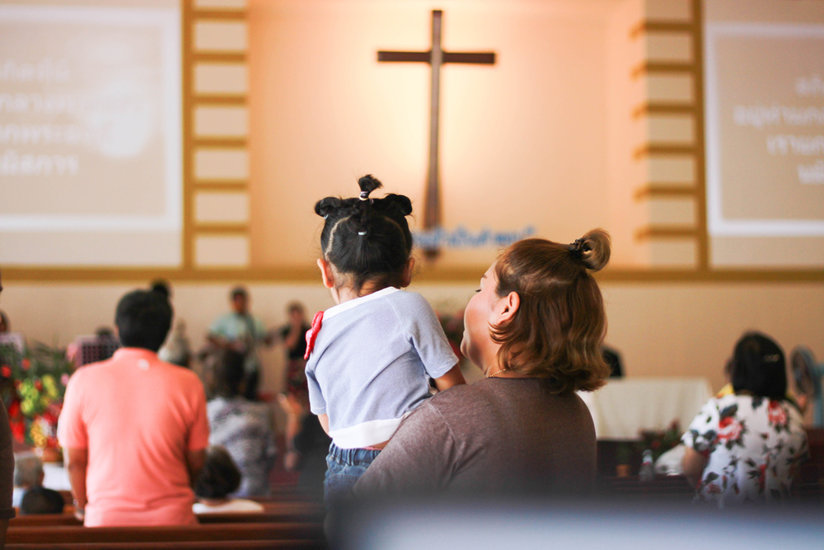
On November 25, 2020, the U.S. Supreme Court issued a ruling against the State of New York, preventing the state from limiting the number of attendees at religious gatherings, based on separate complaints from a Catholic diocese and an Orthodox Jewish congregation. In light of its decision, the Supreme Court subsequently issued instructions to lower courts in three other cases to reconsider restrictions that those lower courts earlier issued on religious gatherings. The Supreme Court’s November ruling differed from two decisions it handed down earlier in the year upholding regulation of church activities. Those earlier decisions were by slim 5-4 votes. With the death of Ruth Bader Ginsburg and her vote for limiting church activities during the pandemic, Amy Coney Barrett joined the court and tipped the vote in the opposite direction.
The litigation raised the same questions the general public continue to ask. Should churches be regarded the same as “essential businesses”? Is it discriminating against churches to place restraints on them while allowing such businesses as marijuana dispensaries to operate freely? How could a government which guarantees freedom of religion interfere with church services? Does the gathering of large groups in enclosed spaces characteristic of religious services create more danger than other human interactions? Should we yield to the discretion of public health officials during a pandemic and limit church assemblies just as we would obey the orders of a fire department to evacuate a burning church, synagogue or mosque? A majority of justices have now concluded that “even in a pandemic the Constitution cannot be put away and forgotten” and the rights of churches to operate freely take precedence.
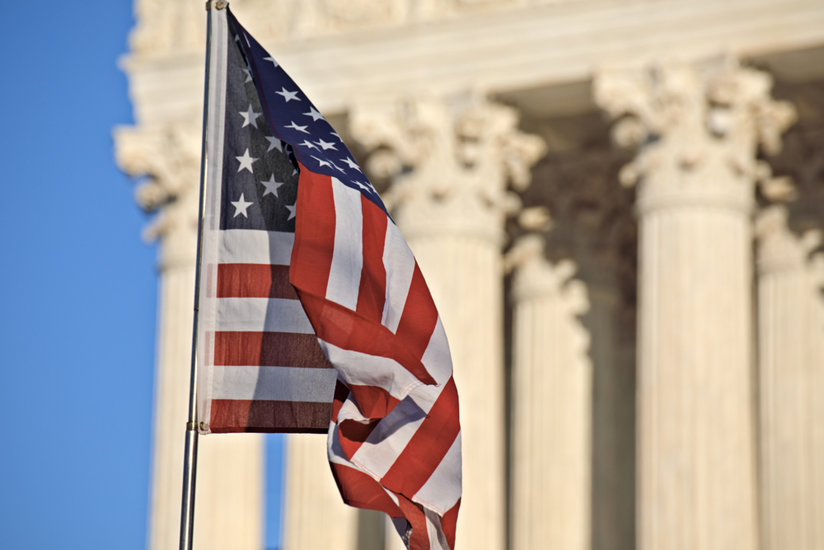
The New York State decision is not going to be the end of the discussion. Other cases are pending. Legislative bodies have become involved, such as a bill introduced into the Oklahoma State Senate to prevent government bodies from restricting lawful religious activities and recognizing the essential nature of churches. Further, as the nature of the pandemic and our knowledge of it continue to evolve, public health authorities will adopt changing means of tackling it. But although the New York State decision isn’t going to be the last word, it is still clear that churches now have a lot more freedom in conducting their activities. With that freedom also comes responsibility to keep their clergy and parishioners safe.
Personally, I think that the many thousands of churches in the United States will be well up to the challenge. For over two centuries, religious freedom has been a part of our laws and traditions. Religious groups have, on balance, used the liberty granted to them wisely and well, making many contributions to our nation and demonstrating themselves to be a thoroughly essential activity. From what I can observe in my own neighborhood in Los Angeles, local churches have been careful to practice social distancing, getting their members to wear masks and limiting the size of their gatherings. And I am especially proud of my own Church of Scientology for its efforts to educate its members as well as the general public on how to stay well through an impressive global prevention campaign, while it has effectively shifted many activities to a remote and virtual basis.
Of course, an end to the pandemic will make this whole topic moot, which is what all of us are really hoping for.
But in the meantime, religious or not, stay safe.






